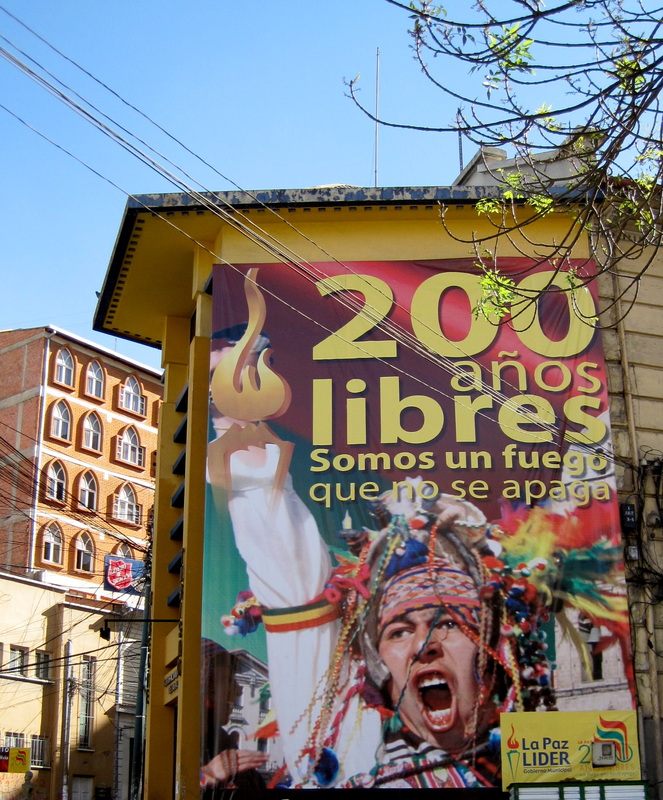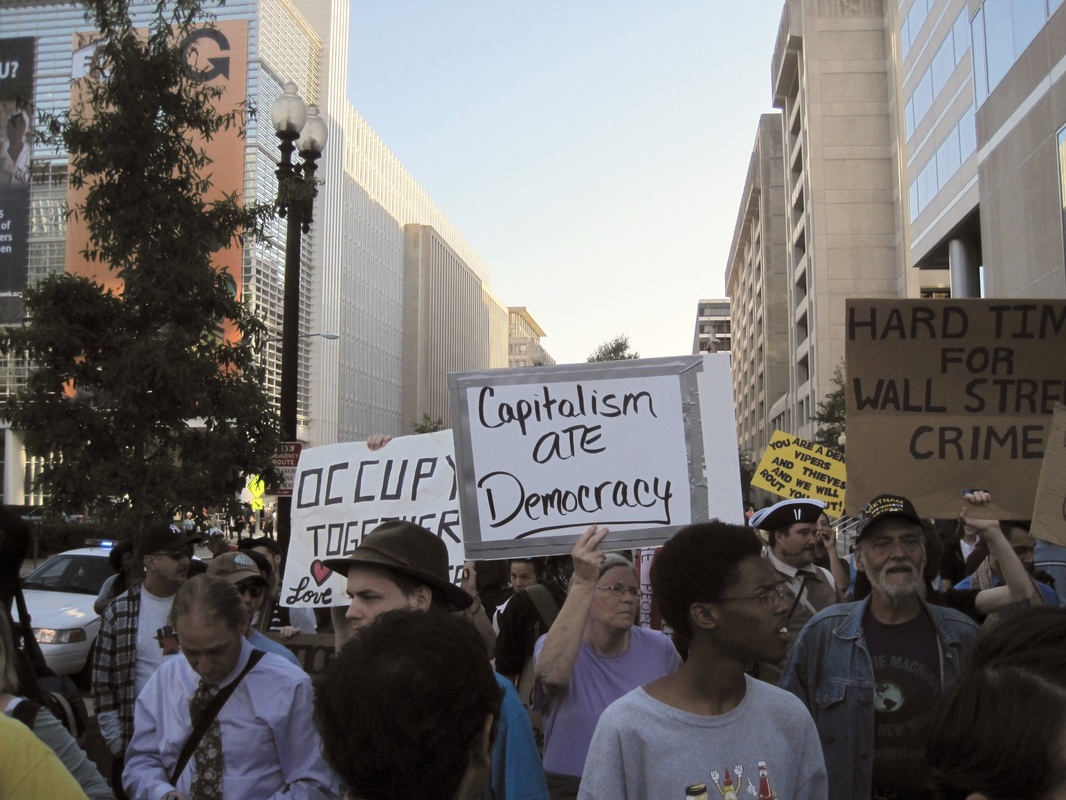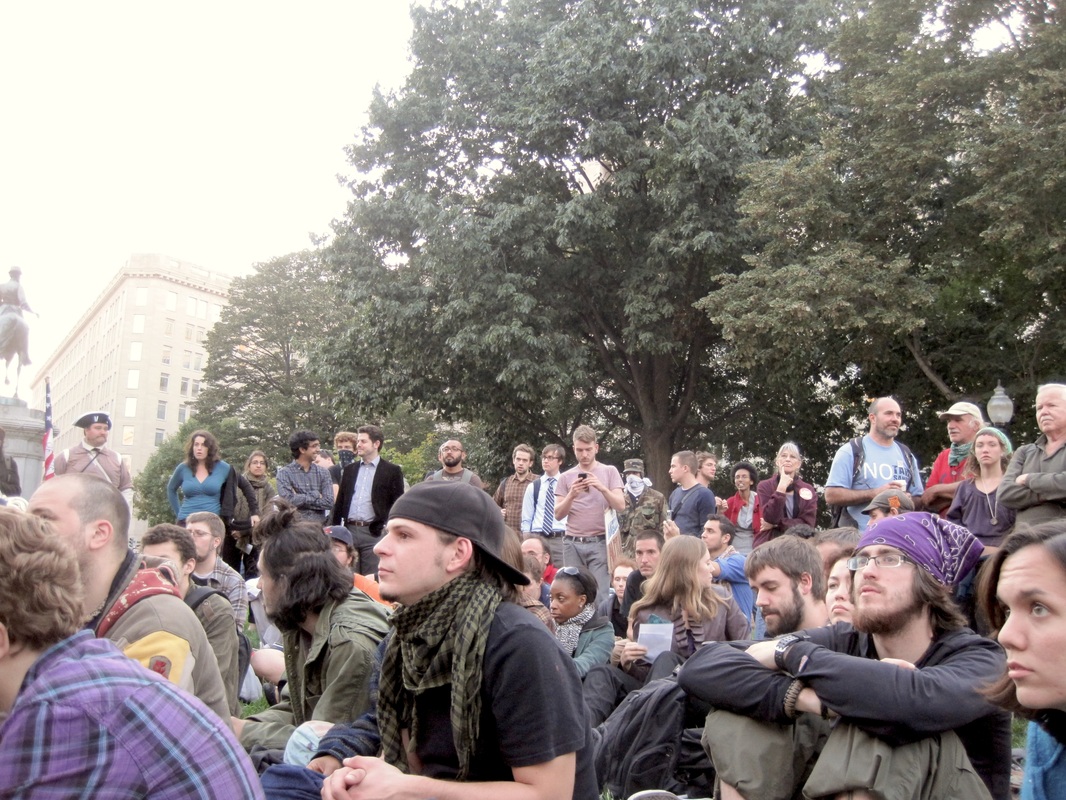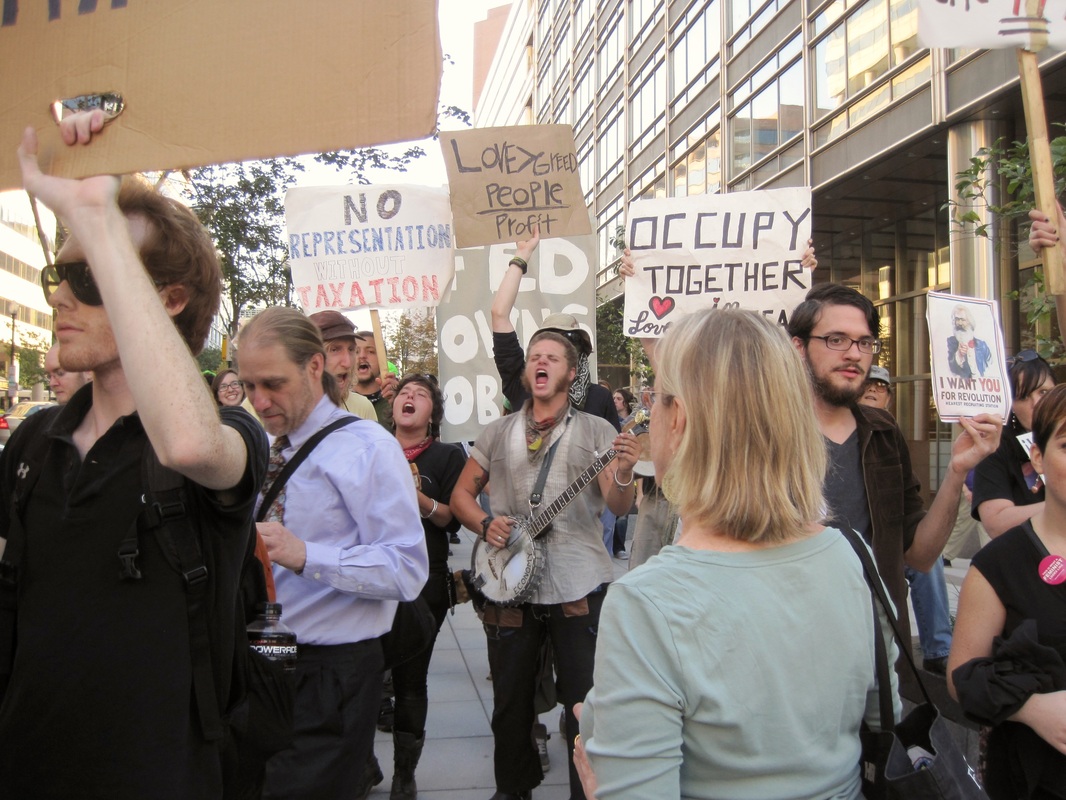Many anthropologists took this call to heart, and much recent work on the Andes has indeed centered on working-class and rural peoples’ protest, political work, and revolution. Scholars such as Forrest Hylton and Sinclair Thomson highlight the “revolutionary spirit” of indigenous and mestizo Bolivians. Indeed, strong movements opposing neoliberal economic policies and multinational corporations’ ownership of many of Bolivia’s natural resources have been politically effective. One of the most heightened moments of this movement was the inauguration of Evo Morales, Bolivia’s (and the hemisphere’s) first indigenous president. In speeches celebrating his inauguration, Evo emphasized both his indigeneity and revolutionary ideology with statements such as “I say to you, my Indian brothers and sisters from America concentrated here in Bolivia, the 500 year campaign of resistance has not been in vain. This democratic, cultural fight is part of the fight of our ancestors; it is the continuity of the fight of Tupaj Katari, of Che Guevara.” In this small statement, he links himself and his supporters not only to leftist revolutions in Latin America of the last century, but also to a much longer lineage of anti-colonialism, anti-imperialism, and anti-exploitation that has existed since subaltern Bolivians resisted their colonial exploiters. Revolution then is not something that happened in the past, but something that is the continuity between “then” and “now.”
And so, to me, Bolivia lived up to its reputation as a hotbed of revolution. I had always (though self-consciously) romanticized Bolivian revolution a bit. [I've also written about Bolivian protest here and here]. I was continually impressed by the ways miners, teachers, and health workers could simply block off a road could and force the president into negotiations for salary increases, as had happened a few weeks after I arrived in La Paz in April 2011. I was awestruck at the “revolutionary pride” Hylton and Thomson had described, and always wondered why Bolivians were so effective at protest, while people in the US just seemed totally incapable.
Well, now, perhaps, times…they are a’changin…
I’ve been taking fieldnotes on what I’ve experienced. I guess its just habit these days. But after reading a conference paper of mine on the representation [and/or imaginary] of Bolivian protest, my advisor suggested I develop it into a longer article for publication and incorporate some stuff on the Arab Spring and Occupy Movement. I’m still unsure if I will actually do that, but its made me think more critically about what is going on.
I’m still unsure where I fall in this debate. But the most cogent examination of this I’ve seen thus far has suggested we must “Turn the Shame Around.”
An unjust system’s first line of defense is shame. As long as we’re ashamed to admit that we’re victims, as long as we’re ashamed to identify with the other losers, we’re helpless.
It would be great to have a 10-point plan that solves everything. It would be great to have a party that endorses that plan and a get-out-the-vote movement to put that party into office. But none of that is going to happen until large numbers of us cast off our shame, until we turn the shame around: We need to stop being ashamed that we couldn’t crack the top 1%, and instead cast shame on an economic system that only works for 1%. The people who defend that immoral system and profit from it — they should be ashamed, not us.
He compares this movement to those of LGBT rights and Feminism, suggesting that before specific aims can be approached, a politics of visibility must emerge. He of course links to We are the 99%, which may be considered the first (or at least best publicized) online repository of shame shifting. [see also Matt Taibbi’s piece on Common Dreams]
He concludes
The old rules still apply. We’re going to need policies. We’re going to need agendas and lists of demands. We’re going to need leaders to represent us and armies of volunteers to knock on doors and make phone calls and write letters to the editor. We’re going to have to register millions of voters and get them to the polls. None of that is going to happen automatically just because people lose their shame about being victims of an economy run by and for the 1%.
But I don’t believe that stuff is going to happen at all — not on the scale we need — until people lose their shame about being victims and losers. It’s just a first step, but I don’t think we can skip it.
So, yes, we Occupiers must eventually demand specific actions. But given the states of visibility and representation at the moment, we must still work on building solidarity, and strength. If we narrow our demands too early, they will not be heard. At the moment, the Nation is Waiting for Protesters to Clearly Articulate Demands Before Ignoring Them.
see more of my pictures on J & M's "letter to an @narquista in the oven"




 RSS Feed
RSS Feed
